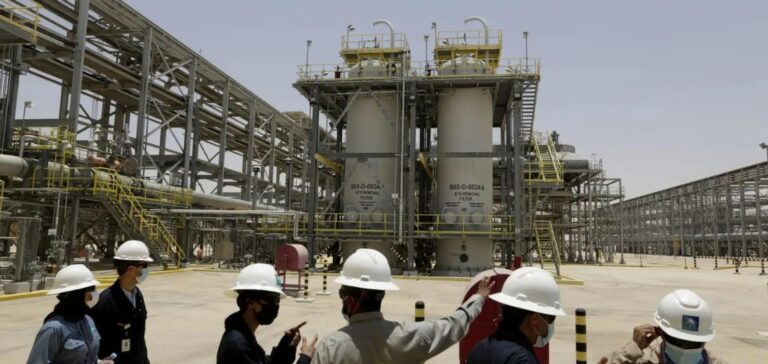Saudi Arabia, known as the world’s leading oil exporter, has recently been in the spotlight following the publication of an explosive report. The report, released by Channel 4 and the Center for Climate Reporting, highlights the kingdom’s complex strategy to increase oil consumption worldwide.
Oil Demand Sustainability Program (ODSP)
Launched in 2020, the ODSP officially aims to integrate hydrocarbons “efficiently and sustainably” into the global energy mix. However, the report accuses the program of actively promoting the use of oil-powered vehicles in Asia and Africa, as well as supporting fuel-intensive supersonic air transport.
Controversial objectives
The report suggests that the ODSP not only seeks to maintain the position of hydrocarbons, but also to artificially stimulate their demand, particularly in the key markets of Asia and Africa. The aim of this strategy would be to protect Saudi oil revenues from global initiatives to reduce dependence on fossil fuels.
Dissonance in the Climate Discourse
This revelation comes at a delicate time, just a few days before the start of COP28 in Dubai. In 2021, Saudi Arabia pledged to achieve carbon neutrality by 2060, a commitment greeted with skepticism by environmental organizations. The report highlights a striking dissonance between the kingdom’s public declarations and its concrete actions.
COP28: A Platform for Debate
COP28, to be held in Dubai, is already the subject of criticism, not least because of the appointment of the CEO of the oil company Adnoc as conference chairman. Nevertheless, some experts see the meeting as a unique opportunity to address the issue of fossil fuels in the context of climate change.
The report raises crucial questions about the sincerity of Saudi Arabia’s climate commitments, as the world turns its attention to environmental challenges at COP28.






















